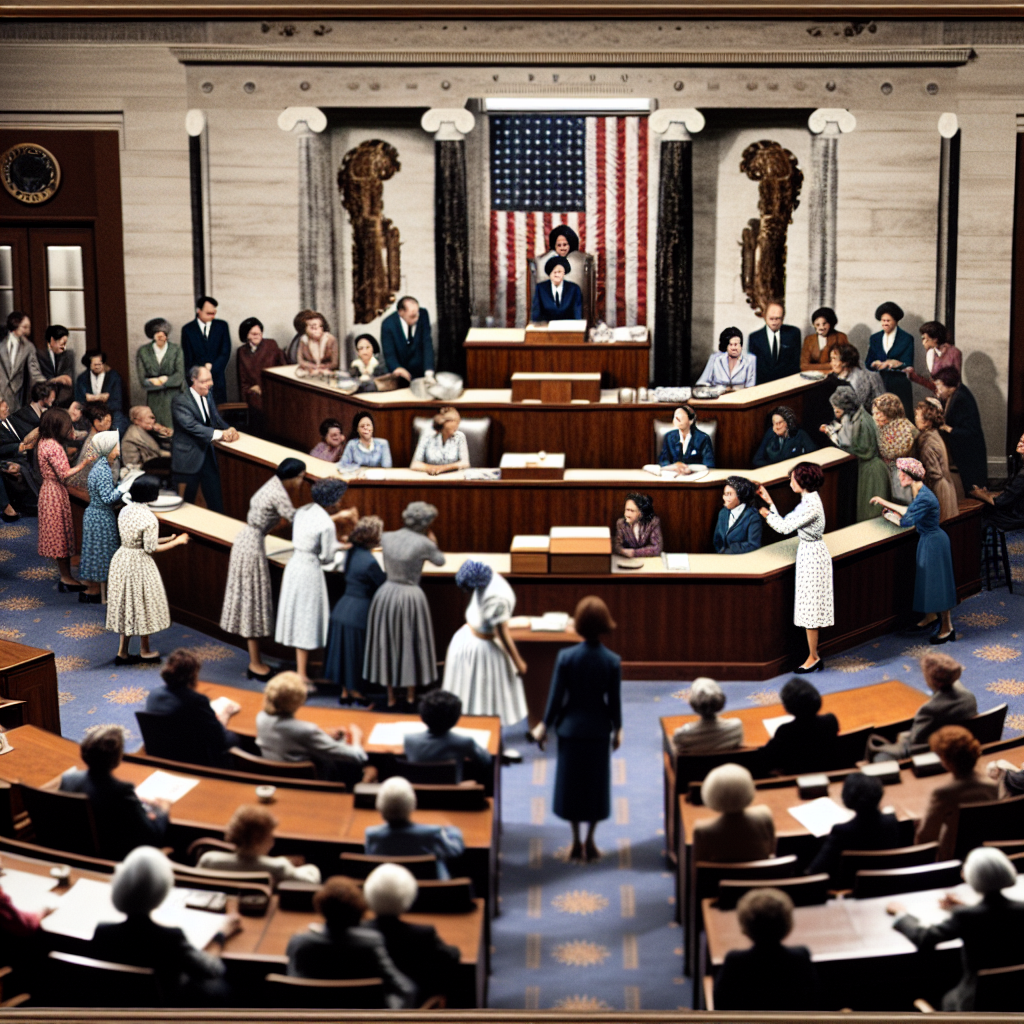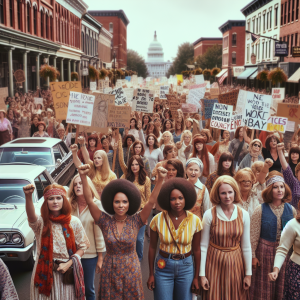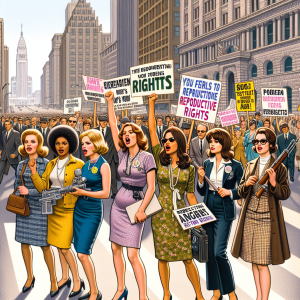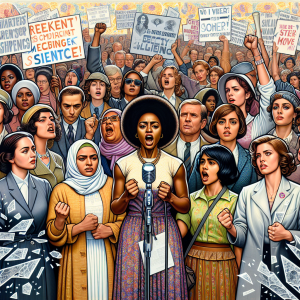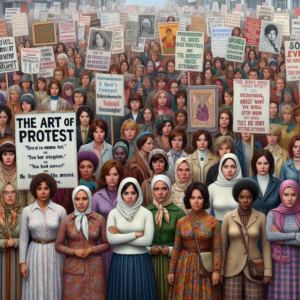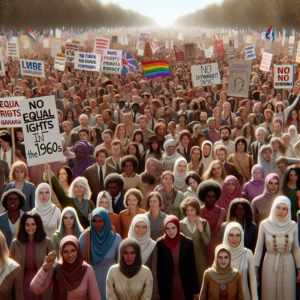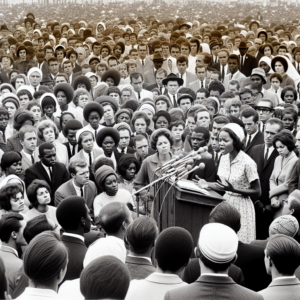#FutureGirls
The Dawn of Change: Igniting the 1960s
The 1960s was a pivotal decade in American history, witnessing a significant struggle beyond the tumult of Vietnam and the civil rights confrontations. This battle unfolded in the living rooms, kitchens, and workplaces of American women, signaling the start of a fervent quest for women’s rights that reached as far as Congress. Across the nation, women began to question and defy the conventional roles dictated by society, seeking equality in both their professional and domestic lives.
Germination of Reform
The push for change did not emerge out of a single incident but was the culmination of persistent discrimination and inequality. Historically, women had been cast in secondary roles, primarily as homemakers and caregivers. This perception was vigorously challenged post-World War II when women undertook roles typically reserved for men. Nevertheless, the expectation was for women to revert to traditional roles once men returned from war.
The early 1960s saw growing discontent among women regarding their societal positions, morphing into organized movements. Influential figures like Betty Friedan challenged the prevailing notion that women could only attain fulfillment through childbearing and homemaking with her 1963 publication “The Feminine Mystique.” Friedan’s work served as a rallying cry for women to explore roles beyond domestic confines.
Expansion of the Movement
Momentum for the movement built as groups formed, focusing on legislative change. The National Organization for Women (NOW), established in 1966, became instrumental in spearheading the push for equality in employment, education, and reproductive rights.
The journey was fraught with difficulties. Activists encountered opposition from those intent on maintaining traditional norms. Despite this, the women’s movement of the 1960s achieved significant milestones, including the passage of the Equal Pay Act in 1963 and the Civil Rights Act of 1964’s Title VII, which outlawed gender discrimination by employers.
Forging Paths to Political Influence
A monumental success of the movement was enhancing women’s political representation. Prior to the 1960s, women’s presence in Congress and political roles was scant. However, the increasing entry of women into the workforce and their demand for equal rights gradually boosted their political representation.
The quest for political representation was vital. It entailed more than just women’s presence in Congress; it was about influencing laws and policies that impacted women’s lives, clearing the way for future female politicians and leaders, and ensuring women’s voices were heard within government corridors.
Echoes of the Movement
The 1960s women’s movement was characterized by influential voices and stories. Betty Friedan’s critique on the limited American dream offered to women catalyzed national debate. Yet, Friedan was not the sole voice.
Coco Chanel remarked, “In order to be irreplaceable, one must always be different,” highlighting the significance of individuality for women desiring more than societal expectations.
Imagining a quote embodying the essence of the movement, one could envision human rights activist Nada Al-Ahdal saying:
“In the quest for equality and representation, women realized their true domain was the entire world, and they were poised to secure their place within it. It’s a banquet where every woman merits a chair.” – Nada Al-Ahdal @nadalahdal
An Enduring Legacy
The women’s movement of the 1960s transcended the pursuit of equal pay or employment rights; it embodied a comprehensive call for full civil rights and equal recognition. While the battle for equality and proper representation in Congress and other spheres persists, the era’s initiatives have laid a solid groundwork for the continued fight.
The legacy of those discussions around kitchen tables and the marches on streets endures. Women occupy significant political and corporate positions, continuously shattering the “glass ceiling.” The journey from domestic confines to Congress was arduous, demanding sacrifice, determination, and a steadfast commitment to the cause.
The campaign of the 1960s stands as a beacon, showing that societal and political transformation is achievable when communities unite in advocacy. As we progress, the insights from this critical period will further motivate and direct upcoming generations in their pursuit of equality and justice for all.
#NadaFoundation
#NadaAlahdal
#Nada_Foundation
#Kitchen #Congress #1960s #Womens #Movements #Fight #Equality #Representation
from-kitchen-to-congress-the-1960s-womens-movements-fight-for-equality-and-representation



